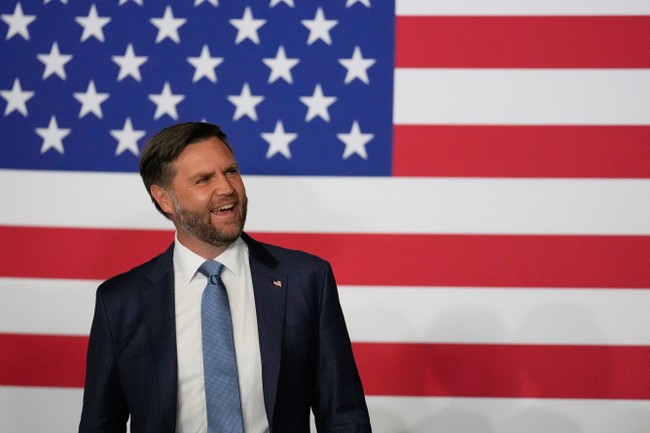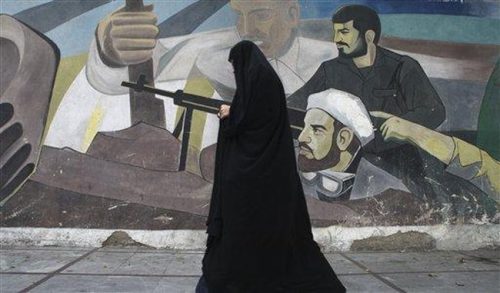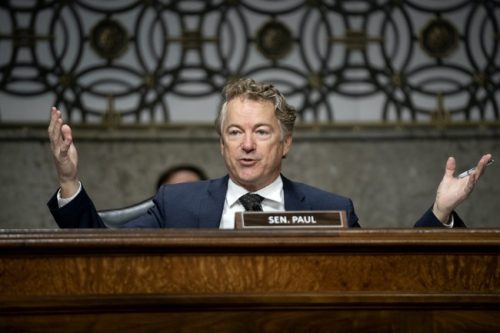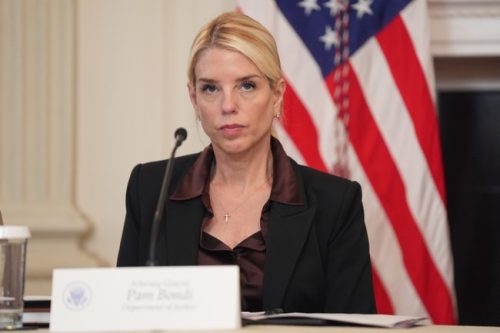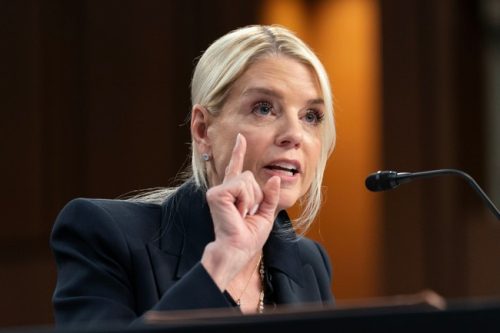Vice President JD Vance sat down with the New York Post’s Pod Force One to address talk of a potential Vance-Rubio ticket in 2028, stressing he’s focused on governing and not politicking. He pushed back on rumors of friction with Secretary of State Marco Rubio and emphasized the administration’s progress over its first nine months. Vance made clear he plans to stay at his post and get the job done before indulging succession talk.
The question of a Vance-Rubio ticket traces back to a casual lunch with President Trump that sparked speculation. That exchange landed squarely in the interview as reporters asked whether the two might pair up in 2028. Vance treated the idea as far-off and premature while pointing to ongoing work in the White House.
“We try to get lunch every couple of weeks just to catch up on what’s going on and talk about things,” the vice president said. “[Trump] mentioned it probably six months or so ago. And I mentioned it to the secretary in jest, but it feels so premature because we’re still so early.”
“And what I always say to people is, if we take care of business, the politics will take care of itself,” he continued. “And we’re nine months into this thing. We’ve done a lot of good.”
Vance framed the first months of the Trump administration as unusually active and effective, arguing the team has moved faster than recent predecessors. He credited results and steady coordination across the administration for the pace of reforms. Still, he acknowledged the work left undone, especially on the cost pressures American families face after the prior administration.
“Again, we’ve chipped away at that problem, but there’s a lot more work to do there. So my attitude is, the American people elected me to be vice president. I’m going to work as hard as I can to make the president successful over the next three years and three months,” Vance said.
“And if we get to a point where something else is in the offing, let’s handle it then. But let’s at least get through the next couple of years and do good work for the American people before we talk about politics.”
Rumors of tension between Rubio and Vance have circulated, and even the President has teased about potential successors to lead the MAGA movement. Vance pushed back on that narrative, saying the chatter is misplaced and distracting from governing priorities. He insisted relationships inside the administration are cooperative, not combative.
Vance denied the tension, describing Rubio as his “best friend in the administration.” The phrase was delivered plainly and without hedging, signaling a close working relationship at the top levels of the team. That line undercuts narratives about factional splits and refocuses attention on policy work.
Vice President JD Vance responded to questions about a 2028 White House run on "Pod Force One" — and told @mirandadevine that Secretary of State Marco Rubio is his best friend in the Trump administration. Subscribe here: https://t.co/N3lmZnEztp pic.twitter.com/YT1KrTsNXC
— New York Post (@nypost) October 29, 2025
“He and I work a lot together,” he continued. “A lot of the good work that we’ve been able to do as an administration is because we’re all able to work together.”
From a Republican perspective, Vance’s message is straightforward: deliver results, then discuss politics. The party benefits when its leaders demonstrate effectiveness on the issues voters care about instead of getting mired in succession fights. Vance made that point clear by reiterating his commitment to the job voters gave him.
On policy, Vance highlighted the affordability crisis as a central challenge handed down by the previous administration, and he framed current efforts as deliberate steps toward relief. He argued quick action matters, but sustainable fixes require continued focus across multiple agencies and Congress. That pragmatic tone speaks to conservative priorities of fiscal responsibility and targeted reform.
Domestically, Vance emphasized measurable outcomes rather than personality-driven headlines, positioning the administration’s record as its best argument. The vice president’s insistence on work over whispers is a rhetorical pivot meant to keep the public’s eye on results. For Republicans looking to defend the record, that emphasis helps shift the debate to performance and governance.
Politically, Vance left the door ajar without committing to any future ticket, preferring to let achievements dictate viability. He made clear that any future moves should follow a track record of success and a clear mandate from voters. That kind of discipline appeals to conservatives who want leadership that earns influence through accomplishment.
The core of the interview was disciplined and tactical: answer the speculation, refocus on duties, and underscore partnerships inside the administration. Vance repeatedly returned to the theme of teamwork and delivering for Americans. That refrain is meant to steady a base wary of internal drama and eager for tangible progress.

